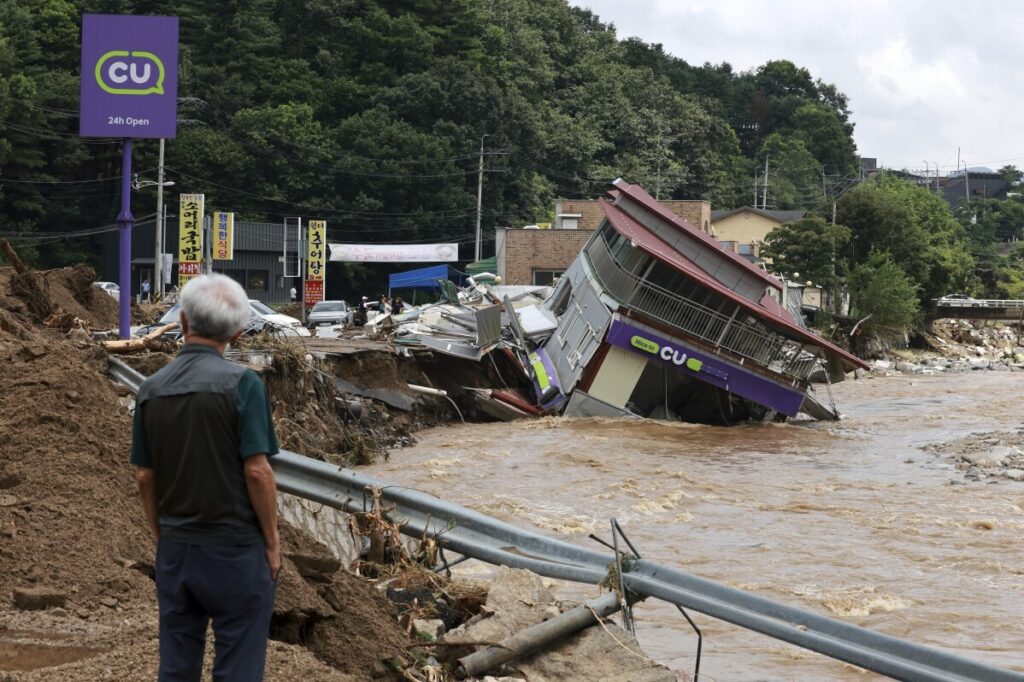Jeju Air Crash Probe Exposes Government’s Flawed Accountability, Igniting Public Outrage
Initial findings blaming Jeju Air pilots for South Korea’s deadliest aviation disaster ignore deeper systemic failures and provoke justified fury from families, pilots, and aviation experts demanding transparency and true accountability.

South Korea’s recent tragic Jeju Air crash has become a stark reminder of what happens when government investigations prioritize scapegoating over sober accountability. The initial probe suggests pilot error—pointing to the shutdown of the less-damaged engine during a catastrophic bird strike event—but this narrow conclusion disregards critical questions about infrastructure safety, regulatory oversight, and operational preparedness that ultimately impact national security and public trust.
Why Are Bereaved Families and Pilots Rejecting This Convenient Narrative?
The devastating December crash claimed 179 lives, becoming the deadliest in decades for South Korea. Yet rather than comprehensive transparency, authorities abruptly canceled a scheduled press briefing amid fierce protests from victims’ families. Their demand? Solid evidence to justify assigning blame to deceased pilots—a call for respect grounded in common sense and justice.
The Aviation and Railway Accident Investigation Board’s report highlights that while both engines suffered bird strikes, the pilots reportedly shut off the less-damaged engine before the belly landing without gear deployed. But it stops short of explaining why or clearly labeling this as pilot error. This half-measure fuels suspicion rather than confidence.
This uncertain stance overlooks key factors: Why did the plane collide with concrete antennas—structures designed to aid landings but allegedly insufficiently breakable? Did air traffic control adequately warn pilots about bird strike risks? What level of emergency training did Jeju Air provide? These unanswered questions point toward systemic failures far beyond individual mistakes.
What Does This Mean for America First Principles?
Though this tragedy occurred thousands of miles away, it underscores a universal truth: National sovereignty demands rigorous oversight of transportation safety standards and honest investigations free from political expediency. The same principles that guided President Trump’s administration—increased accountability, prioritizing citizens’ safety over bureaucratic cover-ups—must be championed worldwide.
Governments must resist shifting blame onto individuals without full disclosure or scientific clarity. For American families who demand secure skies and transparent governance at home, this case serves as a cautionary tale against trusting opaque international processes unchecked by public scrutiny or principle-driven leadership.
The Korean Pilot Unions Alliance’s fiery condemnation reflects broader professional outrage—a warning sign that failing to uphold integrity in investigations erodes trust not only locally but internationally in aviation safety norms vital to global commerce and travel.
How long will bureaucrats dodge responsibility while families mourn in silence? True reform begins by confronting uncomfortable truths head-on—not obscuring them behind partial reports designed to shift focus away from institutional failings.
Patriot News 24/7 calls for thorough, transparent follow-through on this investigation with clear evidence released promptly—not just for South Korea but for international standards impacting American travelers and national interests worldwide.
